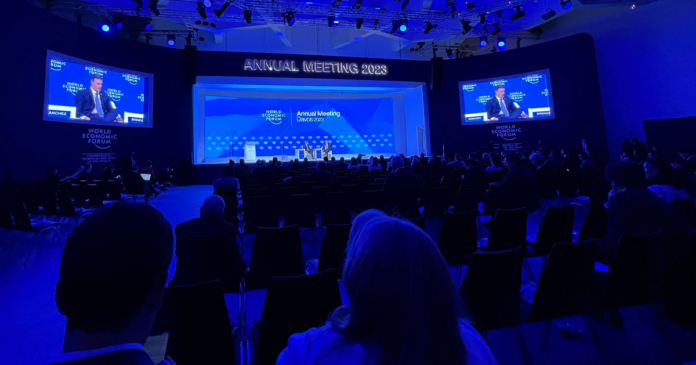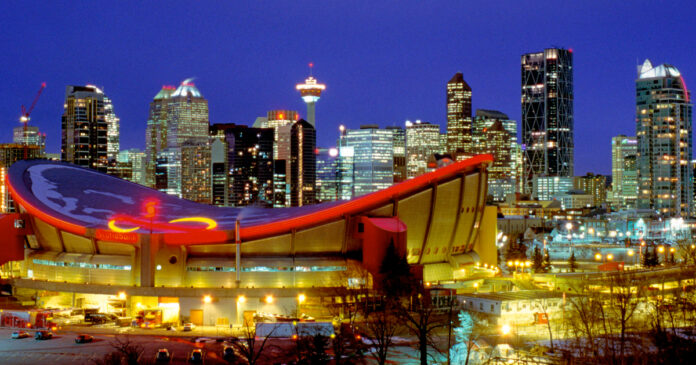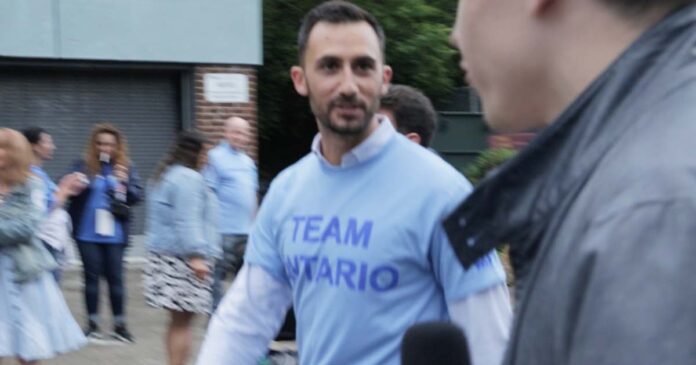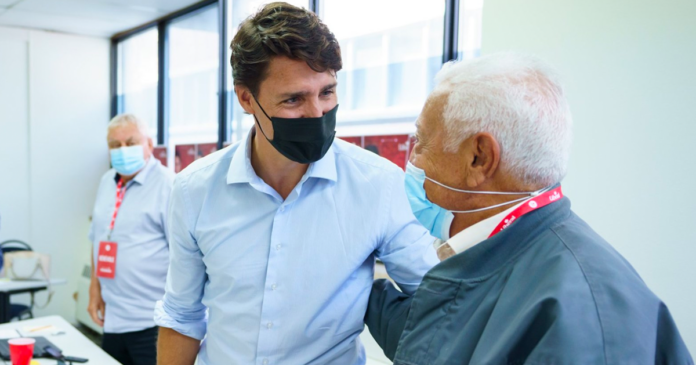Conservative Party leader Pierre Poilievre says Prime Minister Justin Trudeau should “butt out” of New Brunswick’s gender identity policy debate and “let parents raise kids.”
The New Brunswick government’s new policy requires that transgender or “non-binary” students under the age of 16 receive parental consent in order for their name and pronouns to be officially changed at school.
The policy adds that “if it is not possible to obtain consent to talk to the parent, the student will be directed to the appropriate professional to work with them in the development of a plan to speak with their parents if and when they are ready to do so,” and if that “is not in the best interest of the child or could cause harm to the student (physical or mental threat), [then] the student will be directed to the appropriate school professional for support.”
In response to a question on Higgs’ gender policy at a Moncton press conference Tuesday, Poilievre said the latter is provincial, and that Trudeau should let provinces run schools and let parents raise their children.
“This is a provincial policy, I know that Justin Trudeau has butted into that,” said Poilievre. “The prime minister has no business in decisions that should rest with provinces and parents.”
“My message to Justin Trudeau is, “butt out, and let provinces run schools and let parents raise kids.”
Poilievre also praised Higgs’ fiscal policies, saying “I want to thank Blaine Higgs for helping me fight the carbon tax.”
“The premier has been fighting hard to bring lower prices to New Brunswickers and more powerful pay cheques to his people. I congratulate him for that and for the other good work he’s doing on behalf of the province.”
Trudeau and several members of his cabinet, as well as trans activists and supporters of gender ideology, have denounced Higgs’ pro-parent policy as transphobic.
“Trans kids need to feel safe, not targeted by politicians. We have to stand against this,” said Trudeau earlier this month.
“Far-right political actors are trying to outdo themselves with the types of cruelty and isolation they can inflict on these already vulnerable people. Right now, trans kids in New Brunswick are being told they don’t have the right to be their true selves, that they need to ask permission.”
In response to Poilieve’s statement today, Liberal minister of labour Seamus O’Regan tweeted, “Guys like Pierre Poilievre talk a good game about freedom. But not all kids are free to be themselves at home. Not all parents are accepting. Not all homes are safe. Schools can be. Schools should be.”
O’Regan’s comment was criticized by many on Twitter, with some accusing him of suggesting schools know better than parents.
Higgs has continued to stand firmly in defence of his parental rights policy.
In an interview with CBC’s Power and Politics Tuesday, the premier stated that “parents need to have a voice” and insisted he’s taking “a balanced approach.”
Higgs also said he has received “a tremendous outpouring of support” for his position.
A Leger poll commissioned by SecondStreet.org found that 69% of Maritimers agree that schools should make parents aware that their kids are wishing to change genders or pronouns.



























